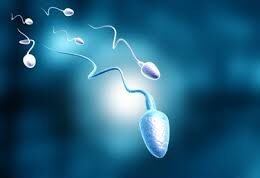Male infertility assessment is a critical component of understanding and addressing fertility challenges. At our advanced fertility clinic in Sirsa, we provide comprehensive evaluation and diagnostic services to identify and treat the underlying causes of male infertility. Here’s an in-depth overview of the assessment process and the facilities we offer:


Male infertility refers to a man’s inability to contribute to conception despite regular unprotected intercourse over a significant period (typically 12 months). It is a factor in nearly half of all infertility cases and can result from a variety of physical, hormonal, genetic, or lifestyle-related causes.
Male infertility assessment is recommended for individuals or couples experiencing difficulty conceiving, particularly in cases involving:
Creating Little Miracles, One Family at a Time – Let’s Build Yours Together.
© 2024 designed by Camsol Advertising